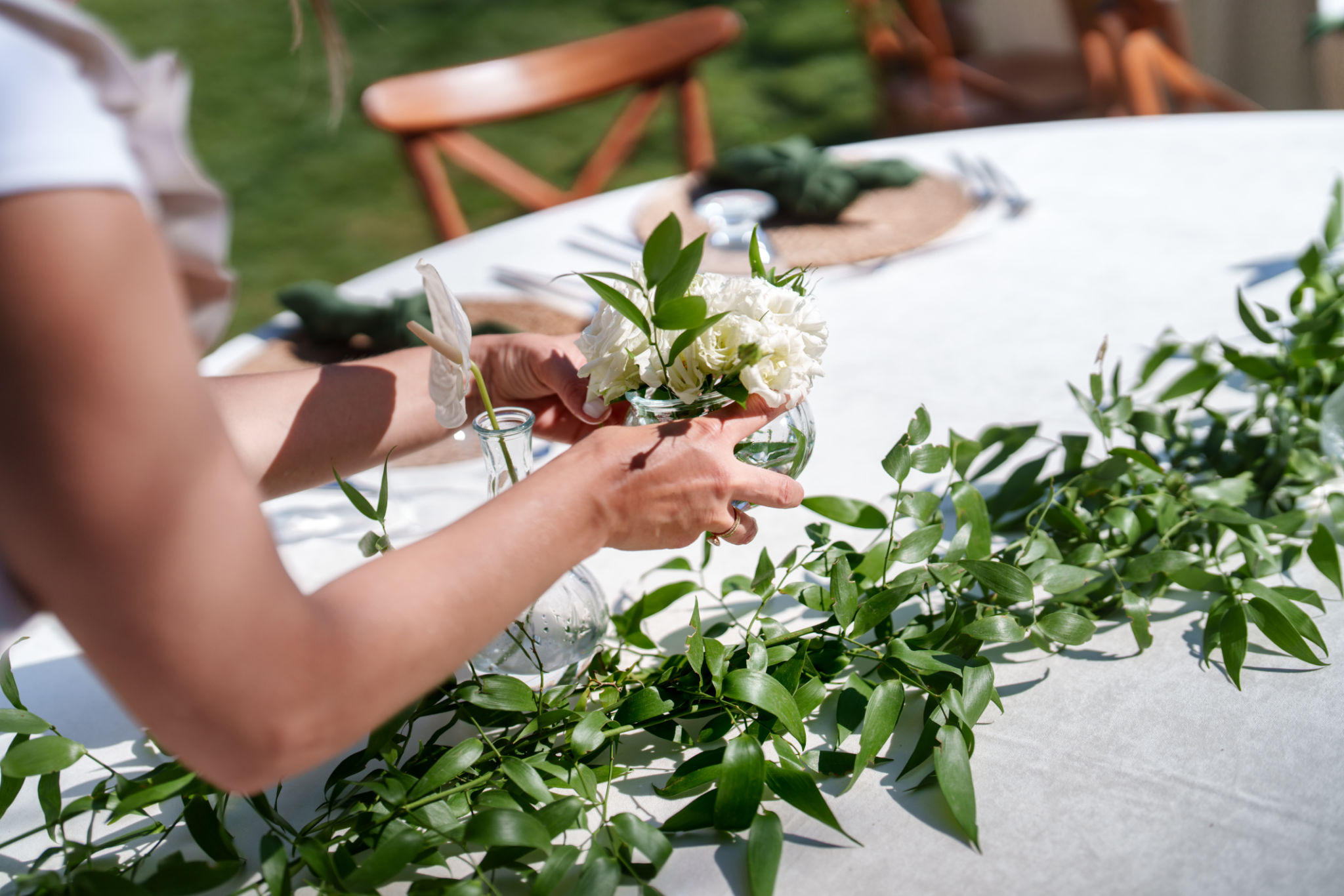Seasonal Event Planning: Tips for Hosting Outdoor Events
Understanding the Basics of Seasonal Event Planning
Hosting outdoor events can be a spectacular way to celebrate any occasion, but it also comes with its own set of challenges. From unpredictable weather to logistical complexities, planning a successful outdoor event requires a nuanced approach. A key element is understanding the nuances of the season during which your event will take place. Whether it's a spring garden party or a fall festival, each season presents unique opportunities and challenges.
Before diving into the details, consider the seasonal factors that might impact your event. For instance, summer events may require solutions for heat and sun protection, while winter gatherings might need heating arrangements. Being aware of these factors helps in making informed decisions about location, timing, and other critical elements.

Selecting the Perfect Venue
The choice of venue is crucial for any outdoor event. It's essential to select a location that aligns with the theme and size of your gathering. When choosing a venue, consider factors such as accessibility, amenities, and the natural beauty of the surroundings. A picturesque backdrop can enhance the ambiance and make for stunning photographs.
Additionally, ensure that the venue has adequate space for all planned activities. If you're hosting a large event, check if there are suitable areas for dining, entertainment, and relaxation. Always have a backup plan in case of inclement weather, such as tents or indoor spaces.
Creating a Comfortable Environment
Comfort is paramount when hosting an outdoor event. Make sure to provide ample seating, shaded areas, and weather-appropriate attire suggestions for your guests. If you're planning a summer event, consider setting up fans or misters to keep guests cool. For cooler seasons, portable heaters or fire pits can create a cozy atmosphere.

Lighting plays a significant role in creating an inviting environment, especially for evening events. Use a combination of string lights, lanterns, and candles to create a warm and welcoming ambiance. Lighting can also enhance safety by illuminating pathways and key areas.
Organizing Activities and Entertainment
Activities and entertainment are the heart of any successful event. Tailor your choices to the season and audience preferences. For instance, springtime events might feature garden tours or floral workshops, while fall festivals could include pumpkin carving or hayrides.
- Consider interactive games or workshops for guest engagement.
- Hire live musicians or DJs to set the right mood.
- Include activities suitable for all ages to ensure everyone has a great time.

Catering Considerations
Food and drink are essential components of any gathering. When planning your menu, think about seasonal ingredients and flavors that will delight your guests. Light and refreshing options work well for summer events, while hearty dishes are ideal for cooler months.
Ensure that your catering setup is practical for an outdoor environment. Consider food stations or buffets that allow guests to move freely. Don't forget to provide plenty of hydration options, especially during warmer months.
Final Touches and Preparations
A successful event lies in the details. Ensure that you have all necessary permits and adhere to local regulations regarding noise levels and parking. It's also wise to hire staff or volunteers to assist with setup, coordination, and cleanup.
Lastly, communicate clearly with your guests prior to the event. Provide them with information regarding the venue, dress code, and any special arrangements. This ensures everyone arrives prepared and eager to enjoy the event you've carefully crafted.
